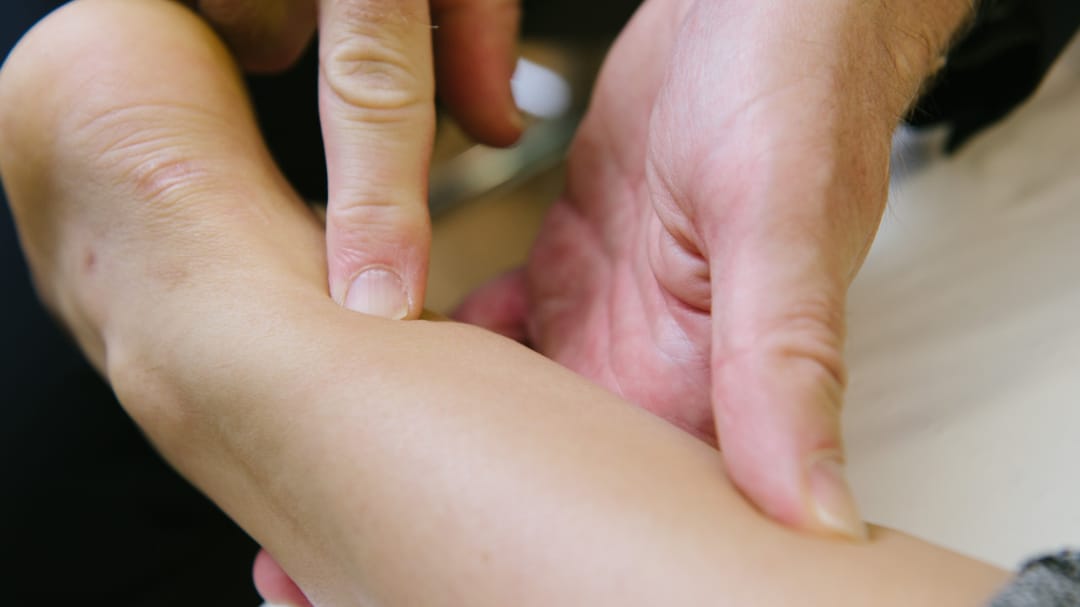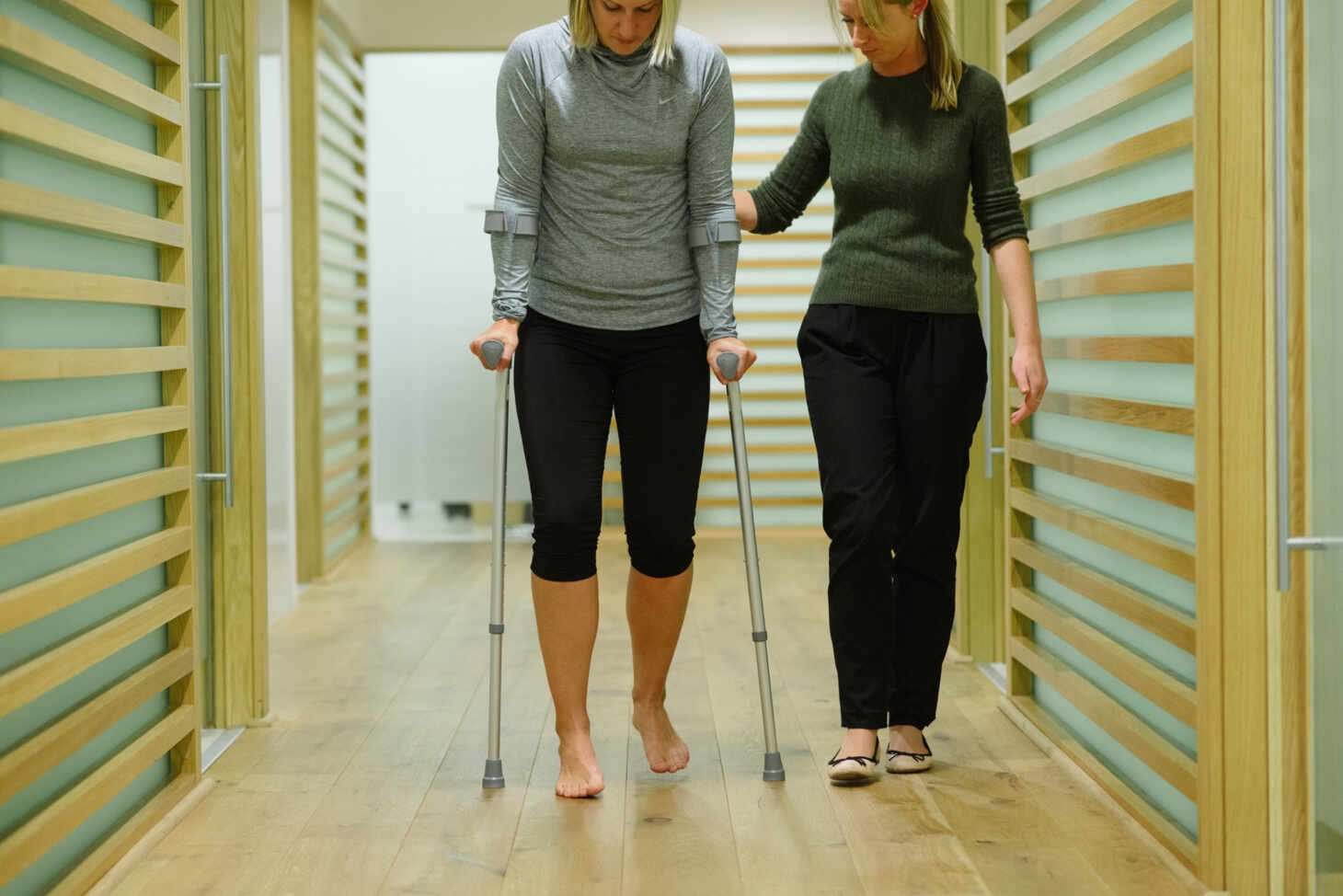COVID-19 and Arthritis: Understanding the Impact on Joint Health

Dr John Etherington CBE
Medical Director & Consultant Rheumatologist
- 20 April, 2020
- Joint Pain
- covid-19
- Pain Management
- 2 min read
COVID-19 and Arthritis: Understanding the Impact on Joint Health

It is clear that many people experiencing COVID-19 virus will develop severe muscle and joint pains. To present with joint and muscle pain alone appears to be relatively rare (with around 2.5% of people presenting this way in one study from Thailand) but many people will experience it at some course in the illness.
Widespread joint and muscle pain is common in many forms of viral infection and is related to the sudden release of pro-inflammatory cytokines such as IL2, IL7, IL10, GCSF and TNF alpha. These cytokines account for many of the symptoms in viral infections and other forms of chronic joint disease – such as Rheumatoid Arthritis. Indeed many of the newer ‘ biologic’ treatments for Arthritis, which target these cytokines, are being considered to help dampen down the ‘cytokine storm’. There is no evidence that Ibuprofen worsens the virus and NHS England have written guidance that it can be used to treat symptoms.
There is no information yet about whether COVID-19 can cause long-term forms of arthritis. However, it has long been recognised that certain forms of viral infection can stimulate – rarely – chronic Arthritis, such as Mumps, Rubella and Parvovirus.
For those patients with established chronic arthritis and various forms of connective tissue disease these can be worrying times. In certain circumstances they are at higher risk of COVID-19 complications, principally because of the medication that they have to use. It is very important not to stop that medication because we do not wish patients to flare as a result, but it may mean that certain patients need to be more cautious at this time and some will need to be ‘Shielded’. The link below is very helpful for those suffering with arthritis who may be concerned about their risk and how it is determined.
Guidance for those with arthritis concerned about their risk of Covid 19
For many people taking Hydroxychloroquine of Sulfasalazine alone there is no need to take additional precautions, provided they do not fall into other high risk groups.
It is important for patients to think about ordering their drugs in advance to avoid treatment gaps, in particular because of the additional interest in Hydroxychloroquine as a possible treatment for COVID-19 – stocks of this drug may be quite low at times.
With simple precautionary measures, people with arthritis can remain safe whilst controlling their joint symptoms.

Advice
Over the last 20+ years our experts have helped more than 100,000 patients, but we don’t stop there. We also like to share our knowledge and insight to help people lead healthier lives, and here you will find our extensive library of advice on a variety of topics to help you do the same.
OUR ADVICE HUBS See all Advice Hubs

